Publications
Articles, publications, books, tools and multimedia features from the U.S. Institute of Peace provide the latest news, analysis, research findings, practitioner guides and reports, all related to the conflict zones and issues that are at the center of the Institute’s work to prevent and reduce violent conflict.
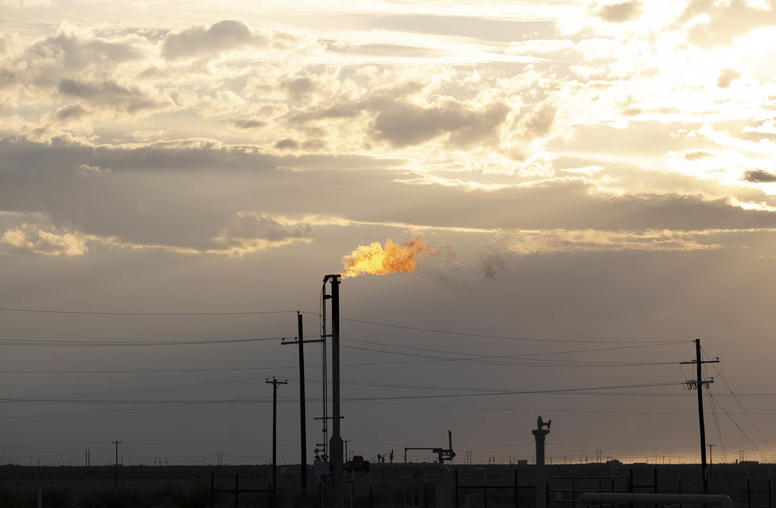
At COP28, Transitioning Away from Fossil Fuels, But No Deal on a Phase Out
Few people expected much progress at the 2023 U.N. Climate Change Conference of Parties (COP28) following contentious discussions around the development of a new Loss and Damage Fund, a grim Global Stocktake report detailing exactly how far away the goals laid out in the Paris Agreement still are and questions about the intentions of the conference chair who came from the oil and gas industry. However, the agreement signed on December 13 makes surprising progress in a few key areas, while still leaving much to be desired.
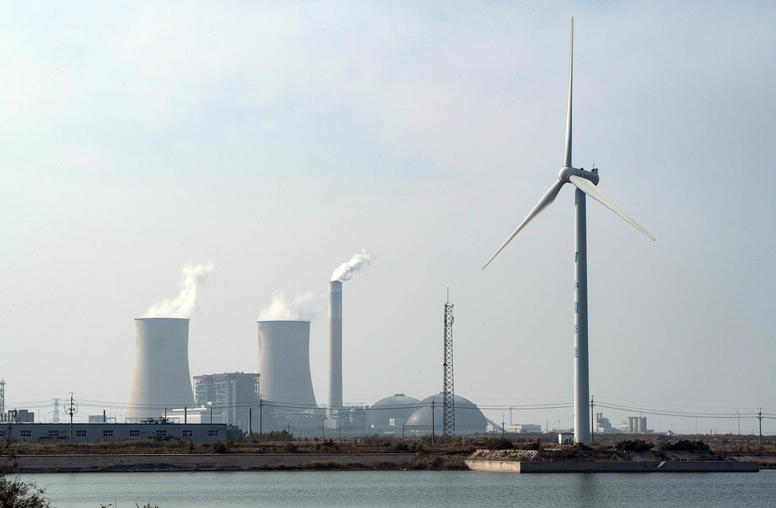
The Outlook for COP28: Fighting, Fighting Everywhere, with Progress on the Line
The 2023 U.N. Climate Change Conference of Parties (COP28) risks becoming two December weeks of negotiations in Dubai rife with visible conflicts: With the chair of COP28 perceived by many as having conflicts of interest with the oil and gas industry, a newly released Global Stocktake report highlights how far global action is from achieving the goals of the Paris Agreement.
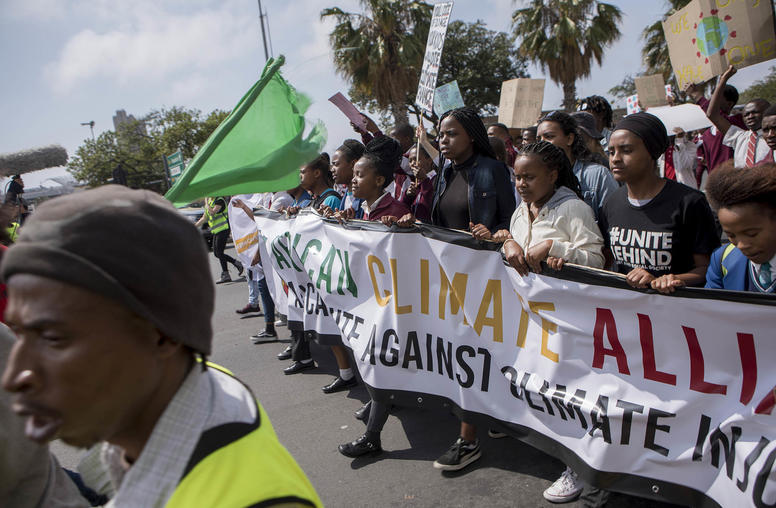
In Earth’s Climate Crisis, Africa Demands a Fairer Sharing of Costs
Earth’s intensifying storms, heat, droughts and floods underscore that humanity is falling behind in its race against climate change. With global powers and institutions still debating how to transform economies and share the costs of surviving a destabilizing climate, the planet’s most vulnerable continent managed partial advances this month toward a regional consensus. The first-ever Africa Climate Summit amplified demands for a robust, fairer collective response to a warming planet — but fell short of forging a unified African position. Critically, it missed a chance to outline a strategy for dealing with the combined impacts of climate and violent conflicts.
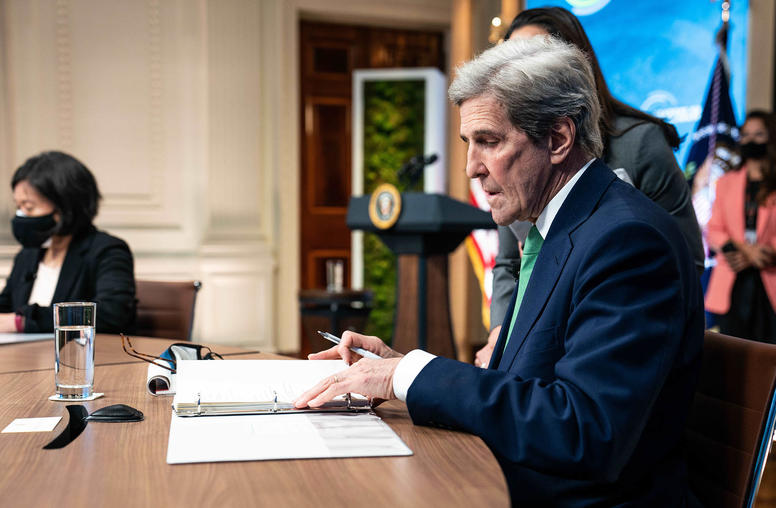
What Does John Kerry’s Visit Mean for U.S.-China Climate Cooperation?
This week, U.S. Special Envoy on Climate Change John Kerry spent four days in China in the hopes of facilitating a thaw in U.S.-China climate cooperation and easing tensions between Washington and Beijing more broadly. While the talks did not yield any major breakthroughs, any progress toward a shared climate agenda cannot be taken for granted after nearly two years of frozen relations. And with Kerry announcing plans for more bilateral talks ahead of the next round of U.N. climate negotiations in November, it appears that climate change may offer a tentative path for rebuilding trust between the two world powers.
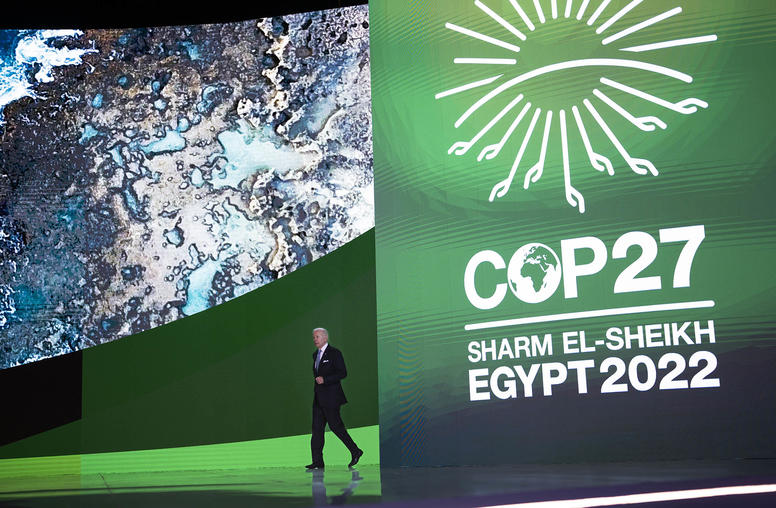
Four Takeaways from the COP27 Climate Conference
Many global headlines from last year have been shaped by — or contributed to — the visible impacts of climate change. From the floods in Pakistan to the droughts in East Africa, Europe’s energy crisis, global inflation and even the war in Ukraine, the gravity of the climate crisis has come into full focus for millions of people around the world.

Tegan Blaine on the COP27 Climate Conference
As COP27 continues in Egypt, USIP's Tegan Blaine says, "The one issue that is really beginning to explode this year is the issue of loss and damage" and support for poorer countries. "They weren't responsible for the cause, and they don’t have the resources to [address climate change] on their own."
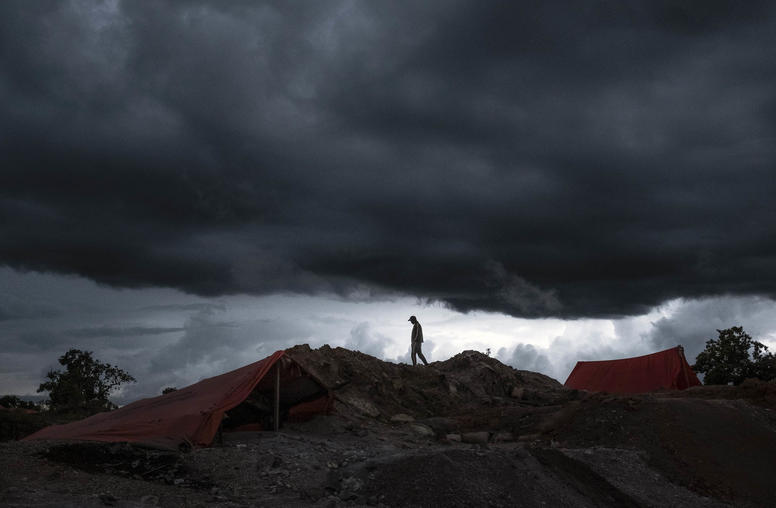
Moving Toward a Just Transition in Green Minerals
We need minerals to build the solar panels, wind turbines and other technologies that will decarbonize our economies — and we need a lot of them. The World Bank estimates that demand for lithium, cobalt and graphite could jump by as much as 500 percent by 2050. Yet mining for these resources has had a fraught history, and it continues to be associated with a hefty list of human rights and conflict risks, including violence, child labor, poor working conditions, land rights abuses, environmental damage and pollution, and a lack of community participation.

The Geopolitics of Deep-Sea Mining and Green Technologies
For the first time, the International Energy Agency is reporting that global demand for fossil fuels will peak or plateau in the next decade as the world transitions to renewable energy. This is a welcome development ahead of the 27th U.N. Climate Change Conference (COP27), which includes a focus on the “promise of innovation and clean technologies” to mitigate the climate crisis. However, there is often a disconnect between the prospect of green technologies and the reality surrounding the minerals and materials required to produce them.
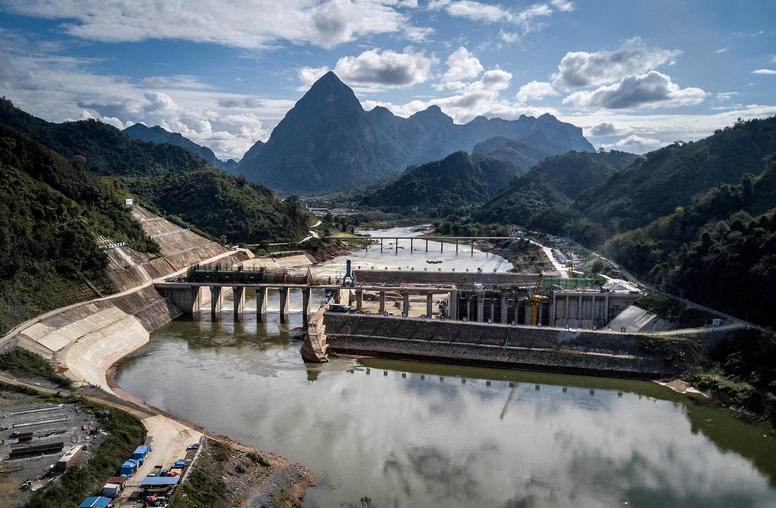
How to Balance Hydropower and Local Conflict Risks
In the face of rapidly expanding solar and wind energy technology, it’s easy to forget about hydropower. Hydropower was first harnessed to turn mills and grind grain, but today it generates more electricity than any other source of renewable energy. But while dams can spur development, help manage water resources and improve access to affordable electricity, their impacts on local communities and the environment can have a dark side.

Pakistan Presses U.S. to Lead Global Response to Climate Disasters
Pakistan’s unprecedented flood disaster is a wakeup call for governments and international institutions on the need to build a worldwide response to the disproportionate burden of climate change on nations of the Global South — a challenge that Pakistan’s foreign minister underscored to U.S. officials and foreign policy analysts Wednesday at USIP. Bilawal Bhutto Zardari urged policymakers to lead an international effort to use the Pakistan crisis as a catalyst for a more effective international effort to help the countries most vulnerable to climate change.